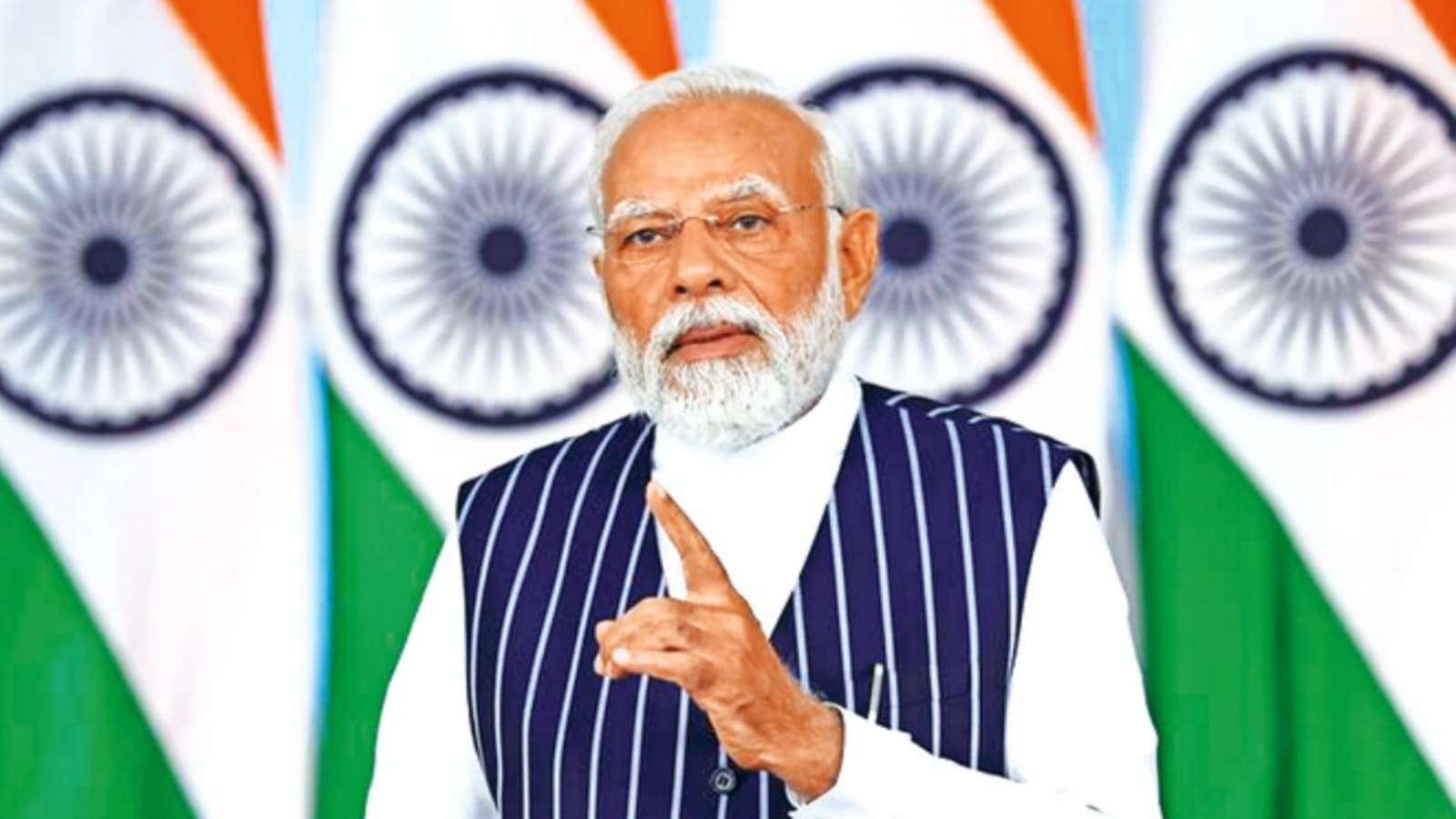ARTICLE AD BOX
 On the argument that the Constitution cannot be amended by the courts through judgments, the CJI reminded that the Basic Structure had come into existence only due to judicial intervention.
On the argument that the Constitution cannot be amended by the courts through judgments, the CJI reminded that the Basic Structure had come into existence only due to judicial intervention.
The Supreme Court on Wednesday questioned the Centre’s submission that some states were raising “false alarms” about the pendency of Bills before the Governor, saying how it can be argued when the fact is that Bills, in some instances, have been pending even for four years.
“How can you say [States are raising false alarms] when Bills are pending with the Governor for four years?,” Chief Justice of India B R Gavai said while presiding over a five-judge Constitution bench hearing the reference made by President Droupadi Murmu on the top court’s April 12 order that set deadlines for the President and Governors to clear state Bills. The bench also comprises Justices Surya Kant, Vikram Nath, P S Narasimha and A S Chandurkar.
The remarks came as Solicitor General Tushar Mehta said empirical data shows how the Constitution has worked in the past through dialogue, and “now, we are raising a false alarm that there is a need to do something”.
Justice Narasimha said that the Centre’s submission that “at the outset the moment the Bill is sent to the Governor… he says, sorry I have withheld it back… is a difficult proposition to accept.”
Mehta said, “Everything he (Governor) should do in consultation and collaboration with the Council of Ministers… I fully agree that the Governor calls upon the CM over tea, some issues are discussed and this is how the Constitution works, and this is how it has worked… Now, we are raising a false alarm that there is a need to do something.”
Responding to the CJI’s query, the SG said that he was not trying to justify indefinite pendency of Bills. He added that there, however, cannot be a straightjacket formula by laying down timelines, and that there are “political dialogue, political discussion and political solutions” involved in the exercise.
The SG asserted that the Governor is not a “rubber stamp” and the argument that he has no discretion and must act within a set time frame set by the Court, even though the Constitution does not prescribe any such time limit, “turns the office of the Governor… into a mute spectator without any participative, collaborative or even limited advisory role in the process”.
Story continues below this ad
Mehta added that “the role of the Governor as a mute spectator and merely acting as a rubber stamp would defy not only the very foundational position of the Governor, but would also be in defiance of the oath which he takes under Article 159…”
“If the Governor’s role is restricted as argued by the parties opposing the reference, he will not be able to do anything even if some action on his part is required to preserve, protect and defend the Constitution. Even if a Bill is not just repugnant to any Central law but is downright unconstitutional, he would be deprived of his duty to withhold assent,” the SG submitted.
On the argument that the Constitution cannot be amended by the courts through judgments, the CJI reminded that the Basic Structure had come into existence only due to judicial intervention.
The SG said, “They are on an extreme argument that the Governor is merely a signatory. He can do nothing on his own. But at the same, they also argue that there should be a collaborative and consultative exercise. What collaboration and what consultation if I have to sign without anything at my discretion. This is where I suggest a balance.”



.png)
.png)
.png)























 English (US) ·
English (US) ·